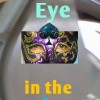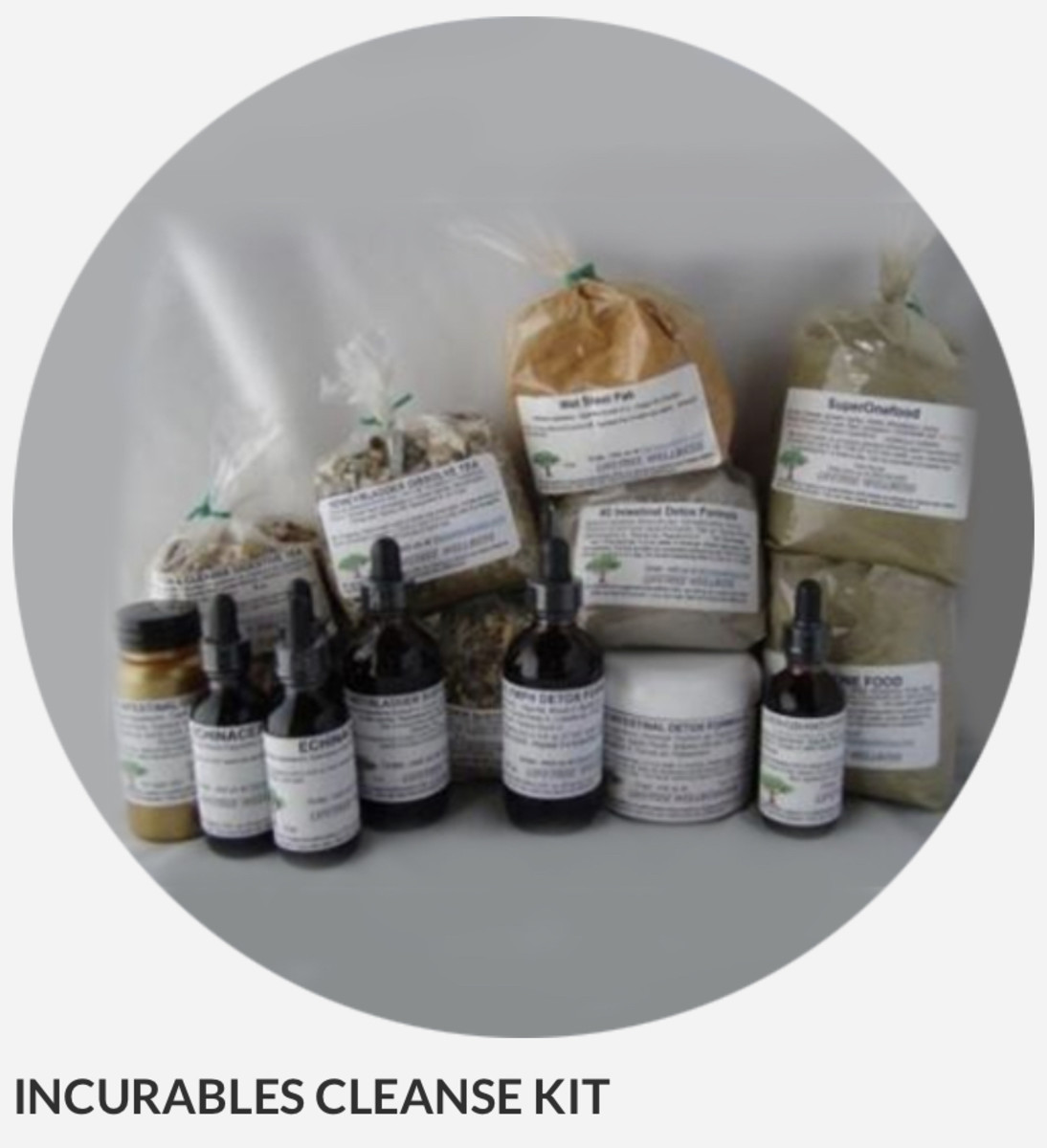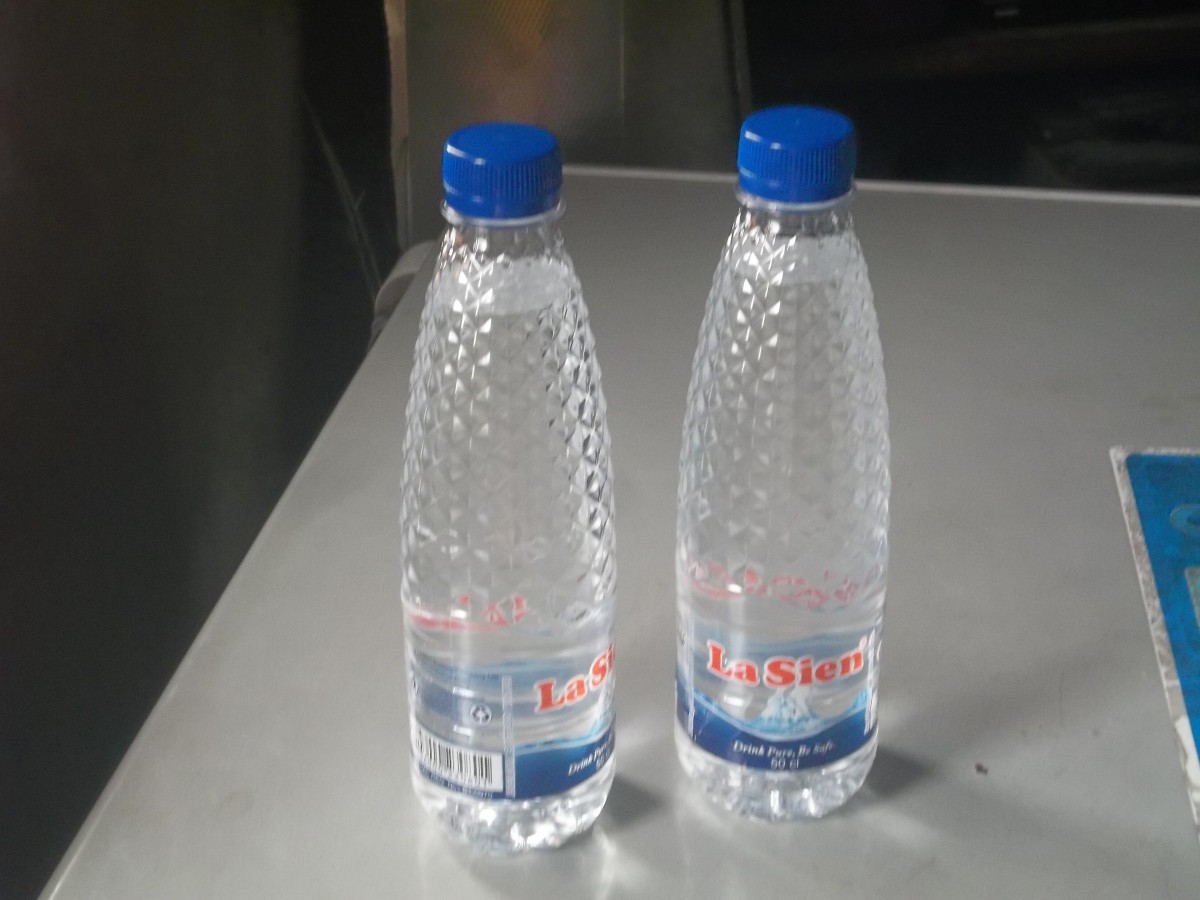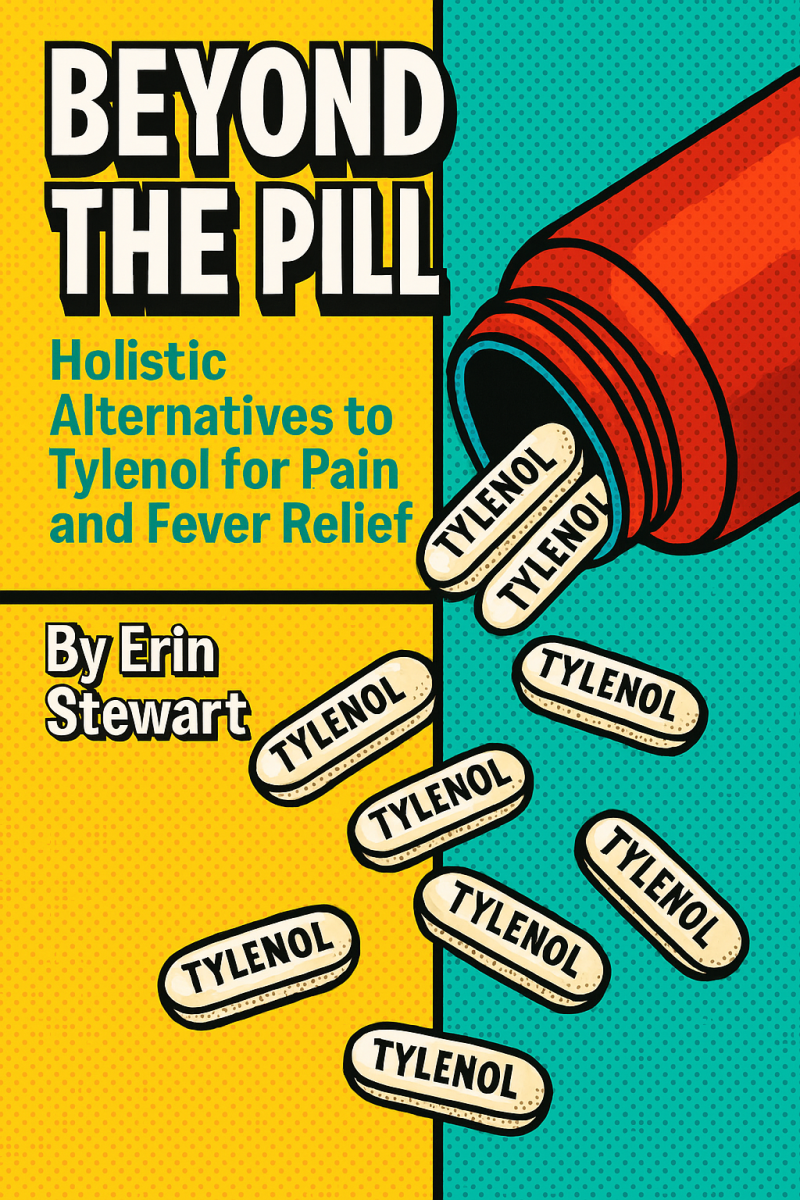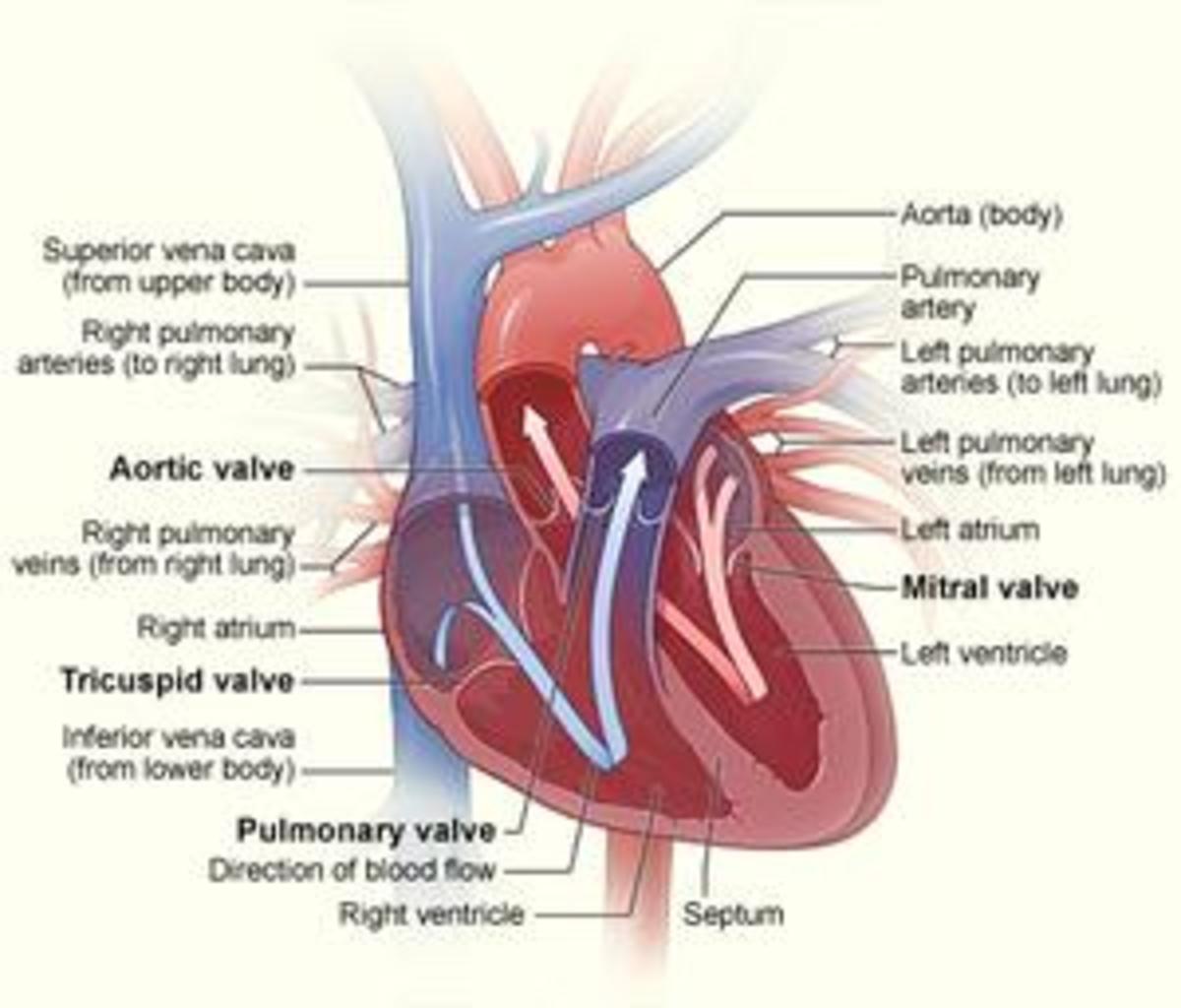- HubPages»
- Health»
- Alternative & Natural Medicine»
- Whole-Body Health & Holistic Medicine
Longevity Today

We are amazed at the way our existing planetary flora and all the green species, especially those that have remarkable healing properties have interacted with modern medicine and modern drugs making and contributed to a human goal known as “longevity.”
Some plants that have existed millions of years ago still exist today and have been rediscovered—as in the case of gingko biloba—and have become popular in the 21st century as a herbal remedy for Alzheimer’s disease so to speak. Still, so much have to be discovered by modern medicine about this extraordinary plant.
Zen and Ayurveda
Ayurveda’s dictionary definition is: It is “the ancient Hindu art of medicine and of prolonging life.”
Zen symbolizes the healing of the soul, spirit and body through the mind, while Ayurveda symbolizes the healing of the body and prolonging life through knowledge and practice. Some practitioners believe that Ayurveda is based on a sacred transmission of medical knowledge “by divine beings to man.”
Both Zen and Ayurveda were found in India at an almost the same time scale or time frame. Zen is one of the oldest inner self exploring and self-actualizing practices that started in the Indian peninsula sometime in the 6th century BC. It is one of schools of Buddhism affiliated with the Vajrayana, the third wave, or third turning of the wheel of Dharma according to Buddhist tradition. Zen is more of a practice than a religion. Zen was transmitted to China by Bodhidharma, the third son a Brahman King from Kanchipuram in Tamil Nadu.
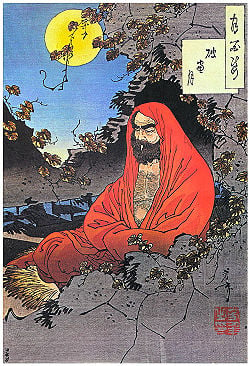
From India, Bodhidharma travelled to China and introduced Chan or Zen, and later to Japan via the Silk Road. It flourished in China in the 8th century BC during the Tang Dynasty. Zen became the dominant school of Buddhism in the Sung Dynasty, considered as the golden age of Zen. Since it was a fairly widespread practice, members of the Chinese royalty, the warrior class, the merchants and ordinary people were involved in Zen.
It is not far-fetched to say that since Zen practitioners were involved in the different dynasty wars at the time, their major source of basic knowledge of medicine and medical practice was Ayurveda, although the ancient Zen practitioners in Japan have developed their own distinct healing practice (called Reiki). The treatment of wounds from battle would necessitate the use of powerful herbal technologies that would be available from Ayurvedic medicine.
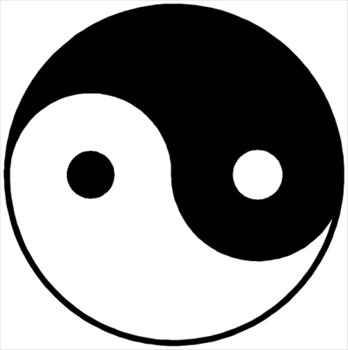
Moringa
Moringa has already been in use for hundreds of years by the native islanders of the Asian Pacific region, not only as a table food vegetable to be mixed with fish or meat and cooked as broth, but as a swift wound healing agent. Today it has been repacked by wellness companies as a natural longevity agent.
Fresh moringa leaves can be eaten raw, first by washing the leaves in clean water, then taking the leaves off the small branches, and placing a handful into one’s mouth followed by a slow chewing of the leaves. The juice is far from palatable and may not be acceptable to a person in the western world but the natural chemical agent has a significant and marked effect on the healing of the physical body.
One advantage of herbal remedies, in contrast to synthetic medicines is that one does not have to wait to get sick to take in or ingest a plant-based medicine. In sickness or in health, acceptable supplements can be taken in at anytime, with very few restrictions.
In the case of a new, bloody, open wound, one can place freshly harvested and ground (pounded) moringa leaves on the wound and tie or cap with a clean cloth or gauze pad, and in a few minutes blood stops oozing, and the wound becomes healed after a few hours. Moringa, like aloe vera are effective remedies for wounds.

Graviola, Mangostana, Acai: Later Herbal Discoveries
As science made further investigations into the pharmacological properties of other herbal plants, new discoveries came about that were immediately tested. Such plants include graviola, mangosteen, and the much celebrated acai berry that reportedly prolonged human lifespan by eliminating serious illnesses in the human person. All these fruit-based medicines have been found to increase the immune system of the human body, are non-invasive and can even eliminate cancer cells as in the case of graviola. They contain special bio-chemical properties that enhance healing and longevity.
Remarkable Fruits
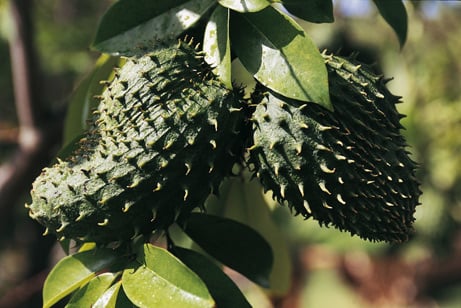


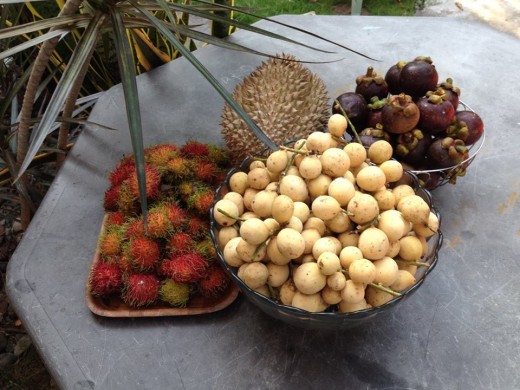
The Body-Mind and Wellness
Conventional mainstream medicine based on western science looks mainly at the physical body in the treatment of disorders and in extending the lives of people. The medical practice is body-part focus-based and rarely includes other visible and invisible parts like the mind or the spirit.
But gradually western medicine is accepting the role of the mind in healing and longevity since mind therapy (or “mind medicine”) and body therapy, (or “body medicine) are integrating into a synthesis based on empirical practice. Now we have alternative medicine or “integrative” medicine as accepted fields in the US, Europe and other western countries.
The wellness industry, which is really Ayurvedic-based has now become a multi-billion dollar industry and will continue to rise in the years to come. Wellness however has been affiliated with the use of natural food supplements and plant-based medicines, and not with certain practices like shamanic healing, or Reiki energy healing, or “distance healing,” or even the more extreme “psychic surgery” and acupuncture. Online wellness shopping clubs exist in the global internet market.
The ancient Chinese model of healing, on the other hand, looks at energy flows and relationships within the single body-parts network complex, within the mind-spirit-body complex, and between the inner-person-space/outer-person-space environmental complexes based on the yin/yang energy dynamics.
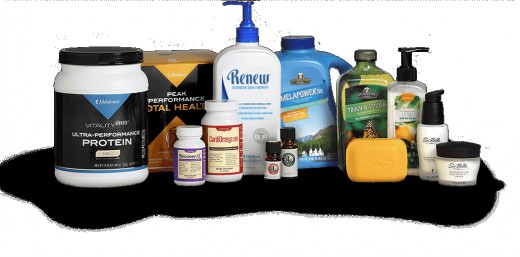
Longevity and Self-Empowerment
The Biblical references to longevity point to certain significant individuals who lived for long periods of time on this planet. Adam was said to have lived for 930 years on earth, his son, Seth had lived 912 years, while the prophet Methuselah had reached the age of 969 years. The prophet Enoch lived for 365 years, while Moses was reported to have reached the age of 120.
If we compare modern man’s current lifespan estimate with the ages of men in the old biblical times, an age of 60 would still be quite young in ancient times. It was probably “normal” for men and women to reach the average age of 150 years. Bodhidharma, the first Patriarch of Zen in China lived for more than 150 years on this planet. Quite puzzling, isn’t it?
Some questions come to the fore: Were there natural plant-based or mineral remedies that the people ingested that were available during the ancient Biblical times but are not anymore available today? Did they discover other energies that prolonged life?
It would appear that the people in ancient times had superior medical technology than us today, or so it seems. But the concept of self-empowerment also comes to the fore as a possibility of increasing one’s lifespan. How and why they have empowered themselves is not directly answered in the Bible but the idea of aligning with a divine force has been a recurring theme in Biblical stories.
Today, as a result of the integration of various ideas and practices from different religions, from philosophy, science and technology, specifically western and eastern medicine, the resulting knowledge gained after many years has led to the practice of self-empowerment.
In the realm of the mind, nothing is impossible since the mind of man is a reflection of the Supermind of the Universal Creative. There has been so much concern today for anti-aging technologies, both natural and synthetic, but research has shown that the aging process is a result of the combination of factors such as our lifestyle, the impact of various types of pollution on our lives, the effect of technology, our diet, and sedentary living to mention a few
The human body is a remarkable machine, a product of millions of years of evolution, but without the active participation of the mind and human will, combined with the will of the spirit; it would not reach the optimum state of existence. It is a matter of learning how to harness the energies available in space and in our natural surroundings that could determine the attainment of real well-being.
